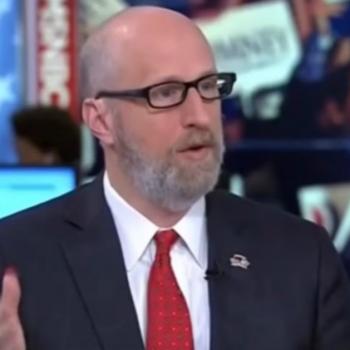Walter McDougal explains what — trigger warning — the Founders understood by American greatness:
When the Founders casually boasted that America was or would become a great empire, what they had in mind was not even remotely akin to the global alliances and foreign military deployments the United States has engaged in since 1941. The word empire meant one of three things in the eighteenth and early nineteenth centuries.
The obvious first meaning was autocratic rule by a capricious emperor who crushed the liberties of his subjects and exploited them in pursuit of power and glory. Americans abominated that sort of empire.
A second usage connoted a vast region larger than the typical European kingdom and singled out for some characteristic. That is the sense in which Jefferson spoke of an Empire of Liberty.
The third meaning of empire in Early Modern English, however, connoted a very specific legal identity: utter, untrammeled sovereignty. When Henry VIII broke with the papacy, he bade Parliament to pass a formal statute declaring “this realm of England is an Empire,” meaning a realm subject to no superior authority, either temporal or spiritual, on the face of the earth. As William Blackstone explained in his famous Commentaries on the Laws of England, the words empire and imperial as used by Parliament simply means that the English king “owes no kind of subjection to any other potentate on earth.” The Founders and constitutional Framers assuredly understood that when Congress broke away from the English Crown, it was declaring the United States to be an empire in the sense of “utterly sovereign.”
This is different from the way John F. Kennedy, Jr. conceived of American greatness:
I have been guided by the standard John Winthrop set before his shipmates on the flagship Arbella three hundred and thirty-one years ago, as they, too, faced the task of building a new government on a perilous frontier.
“We must always consider,” he said, “that we shall be as a city upon a hill–the eyes of all people are upon us.”
Today the eyes of all people are truly upon us–and our governments, in every branch, at every level, national, state and local, must be as a city upon a hill–constructed and inhabited by men aware of their great trust and their great responsibilities.
For we are setting out upon a voyage in 1961 no less hazardous than that undertaken by the Arabella in 1630. We are committing ourselves to tasks of statecraft no less awesome than that of governing the Massachusetts Bay Colony, beset as it was then by terror without and disorder within.
Don’t get me started on Donald Trump.












